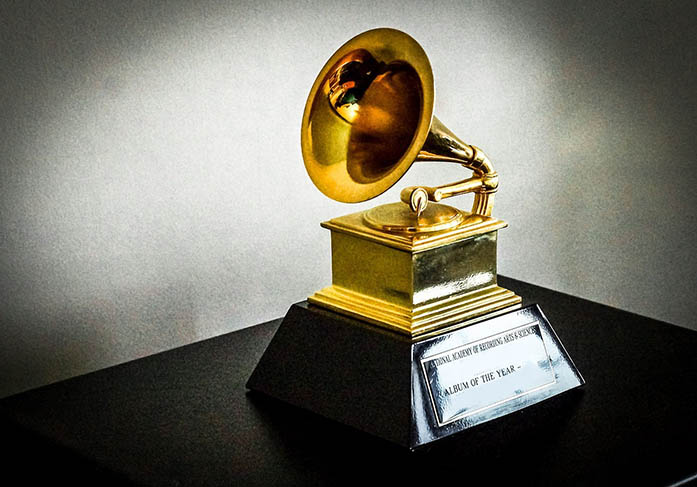By Isabella Rosario
At her post-Grammy press session, Adele echoed many viewers’ thoughts when she asked, “What the f— does she have to do to win Album of the Year?”
The Grammy-winning British soul singer was, of course, referring to Beyoncé. The two female pop sensations went head-to-head four times at the awards show Sunday night. When it was all said and done, Adele took every category, winning Album, Song, and Record of the Year, and Best Pop Solo Performance. But during her emotional acceptance speech for “25,” the singer/songwriter confessed, “I can’t possibly accept this award.” In an unprecedented Mean Girls-esque move, Adele broke the trophy and dedicated her award to Beyoncé and her album Lemonade, a work she called “monumental.” Backstage, she was quoted saying, “My album of the year is Lemonade.”
With all respect to Adele and her artistry, even she admitted Album of the Year should have gone to Lemonade. The distinct visual album is an unparalleled cultural artifact. Breaking boundaries of genre and political subject matter for pop music, no other album released in 2015-16 even paled in comparison to Lemonade’s level of production. Many fans were shocked by this snub, but a review of the Grammys’ history raises a sobering question: Isn’t this just business as usual?
This year’s controversy surrounding album of the year harks back to last year’s events. Despite higher critical acclaim for its narrative arc and political commentary, Kendrick Lamar’s To Pimp a Butterfly (recently archived at Harvard University as a “cultural standard”) was controversially beat out by Taylor Swift’s 1989. This isn’t the first time many have felt Beyoncé was snubbed. In 2013, her record-shattering album Beyoncé lost to Beck’s notably less renowned Morning Phase.
Solange Knowles, who took home her first Grammy this year for best R&B performance, is one of many outraged by the Grammys’ racial bias. On Sunday night, she tweeted a sobering fact: “There have only been two black winners in the last 20 years for album of the year/there have been over 200 black artists who have performed.” This jarring discrepancy between the profiting off black talent and its lack of recognition is unacceptable. Thickening the matter, if you account for every black artist who has ever won this award, the number only goes up by eight — as in, only 10 black artists have won Album of the Year in almost 60 years (the numbers become more lamentable when you look at other minorities, but that’s another story). After decades of mitigating black excellence, the Recording Academy has made its racism very clear: If it lets black artists on its stage and graciously sticks them in nomination categories, it shouldn’t matter that they consistently lose to white artists, right? Wrong.
The Grammys need to make a change. When an album such as Lemonade that so fearlessly takes on issues of race, police brutality, and female (notably, and importantly, black) empowerment manages to garner such mainstream success, it deserves accompanying accolades. Although Recording Academy President Neil Portnow refuses to release information on the academy’s demographics, there’s not much evidence to the contrary that the organization is mainly old and white. Adele did a very honorable thing dedicating her award Sunday night. It is imperative that other white artists follow her lead, when racial bias is evident, by giving credit where credit is due.
In her acceptance speech for Best Urban Contemporary Album, Beyoncé said, “I feel it is vital that we learn from the past and recognize our tendencies to repeat our own mistakes.”
I think so, too.



